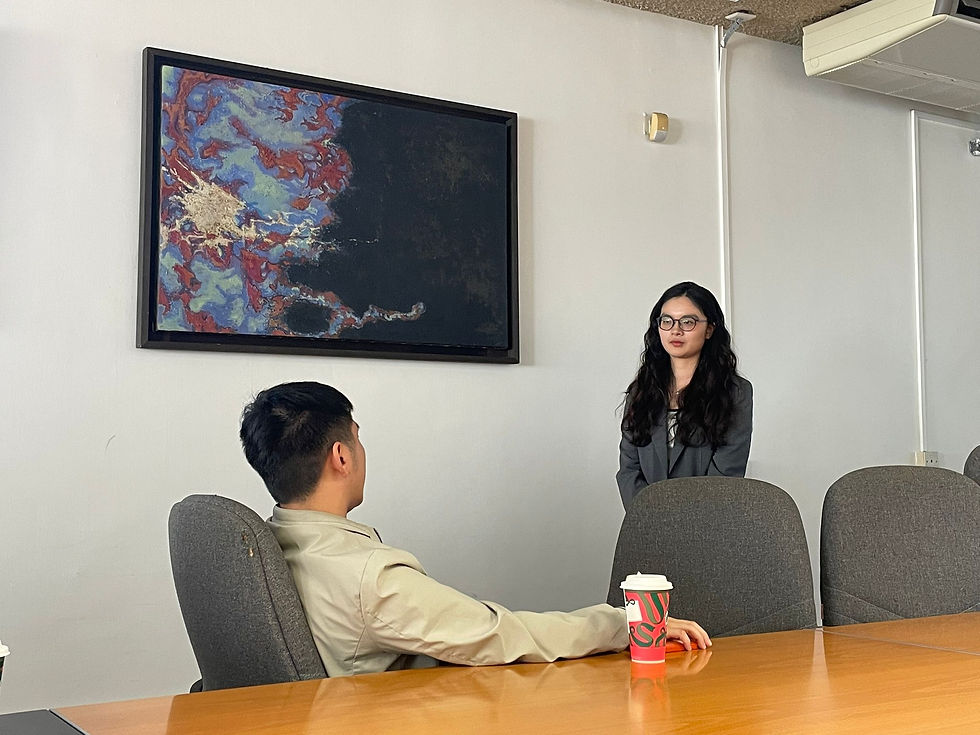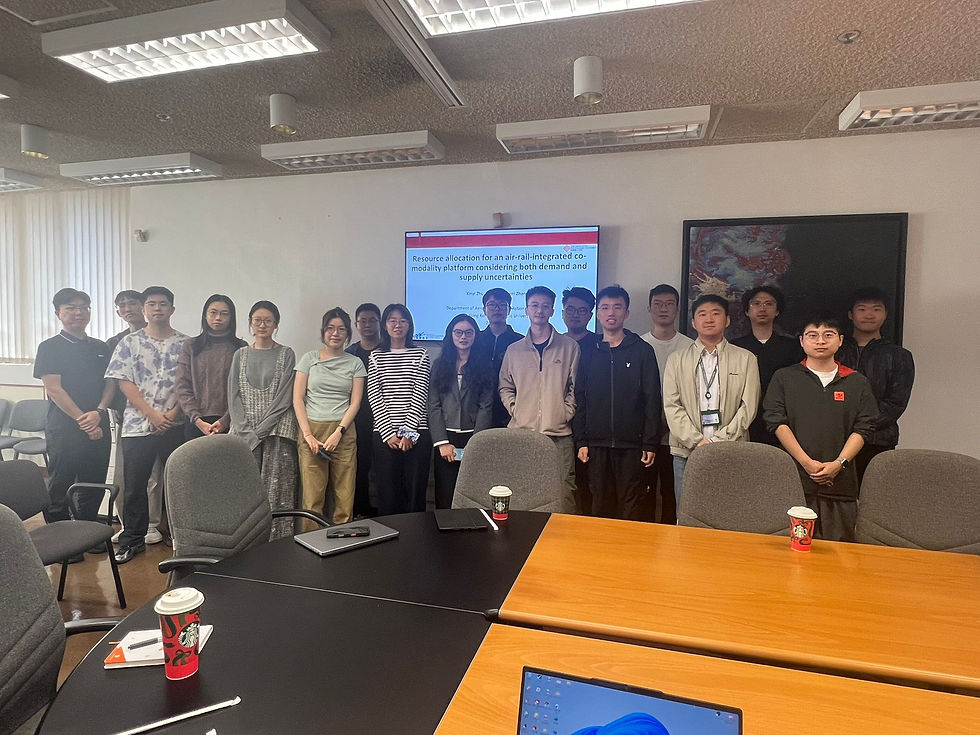
2025 International Symposium on Smart Mobility Systems
Pre-Conference (HKSTS) Workshop
Jointly organized by
Department of Civil Engineering & Department of Data and Systems Engineering & Institute of
Transport Studies, The University of Hong Kong
The Hong Kong Society for Transportation Studies (HKSTS)
Engineering Management (originally named as Frontiers of Engineering Management), a Springer Nature journal supervised by the Chinese Academy of Engineering
Date: 6 December 2025 (Saturday)
Time: 13:00 – 18:00
Venue: CPD-3.04, Centennial Campus, Central Podium Levels - Three (CPD-3, Run Run Shaw
Tower), The University of Hong Kong
Aims and Scopes
This workshop centers on Smart Mobility, emphasizing the integration of advanced technologies
and intelligent systems to create efficient, sustainable, and user-centric transport solutions. With the rise of emerging modes such as urban air traffic and shared autonomous vehicles, new challenges are reshaping traffic operations and planning. The workshop aims to foster discussion on innovative approaches that enhance mobility accessibility and system resilience. We welcome both local and overseas scholars to attend the workshop for exchanging their ideas and insights!
Co-chairs
Dr. Jintao KE (kejintao@hku.hk), Department of Civil Engineering, The University of Hong Kong
Dr. Fangni ZHANG (fnzhang@hku.hk), Department of Data and Systems Engineering, The
University of Hong Kong
Dr. Ryan C. P. WONG (cpwryan@hku.hk), Department of Civil Engineering, The University of
Hong Kong
Secretary
Dr. Bin ZHOU (binchou@hku.hk), Department of Civil Engineering, The University of Hong Kong
Registration: free admission but registration is required (Click Here). All are welcome. When you enter HKU,
please show the registration confirmation page to the campus guard.

Tentative Workshop Programme on 6 December 2025
13:00-13:05 Opening Address by Dr. Jintao Ke
13:05 –13:45 Sensitivity of ITS Learning Models with Mobility Data- applications in transportation privacy and cybersecurity by Xuegang Ban, William and Marilyn Conner Endowed Professor, Department of Civil and Environmental Engineering, The University of Washington
13:45 –14:25 Exact Methods through Decomposition: Insights from Logic-Based Benders Decomposition by Roberto Baldacci, Professor, College of Science and Engineering, Hamad Bin Khalifa University
14:25 – 15:05 Physics-informed data analytics - exploiting domain knowledge with hard data in a transportation network by Yueyue Fan, Professor, Department of Civil and Environmental Engineering, University of California, Davis
15:05 – 15:45 From Self-Driving to Self-Organizing: Connected Vehicles as Catalysts for Smart Mobility by Lina Kattan, Professor, Schulich School of Engineering, University of Calgary
15:45 – 16:00 Break
16:00 – 16:40 Disturbance Mitigation Strategies for Scheduled Mobility Systems by Fang He, Tenured Associate Professor, Department of Industrial Engineering, Tsinghua University
16:40 – 17:20 Coordinated urban logistics: Combining public transit and drones for efficient distribution by Kai Wang, Associate Professor, School of Vehicle and Mobility, Tsinghua University
17:20 – 18:00 Joint Online Freight Allocation and Train Unit Scheduling with Reusable Resources for Emergency Logistics by Jiateng Yin, Professor, School of Systems Science, Beijing Jiaotong University
For abstracts and biographies of speakers and more details, please check the details here.







